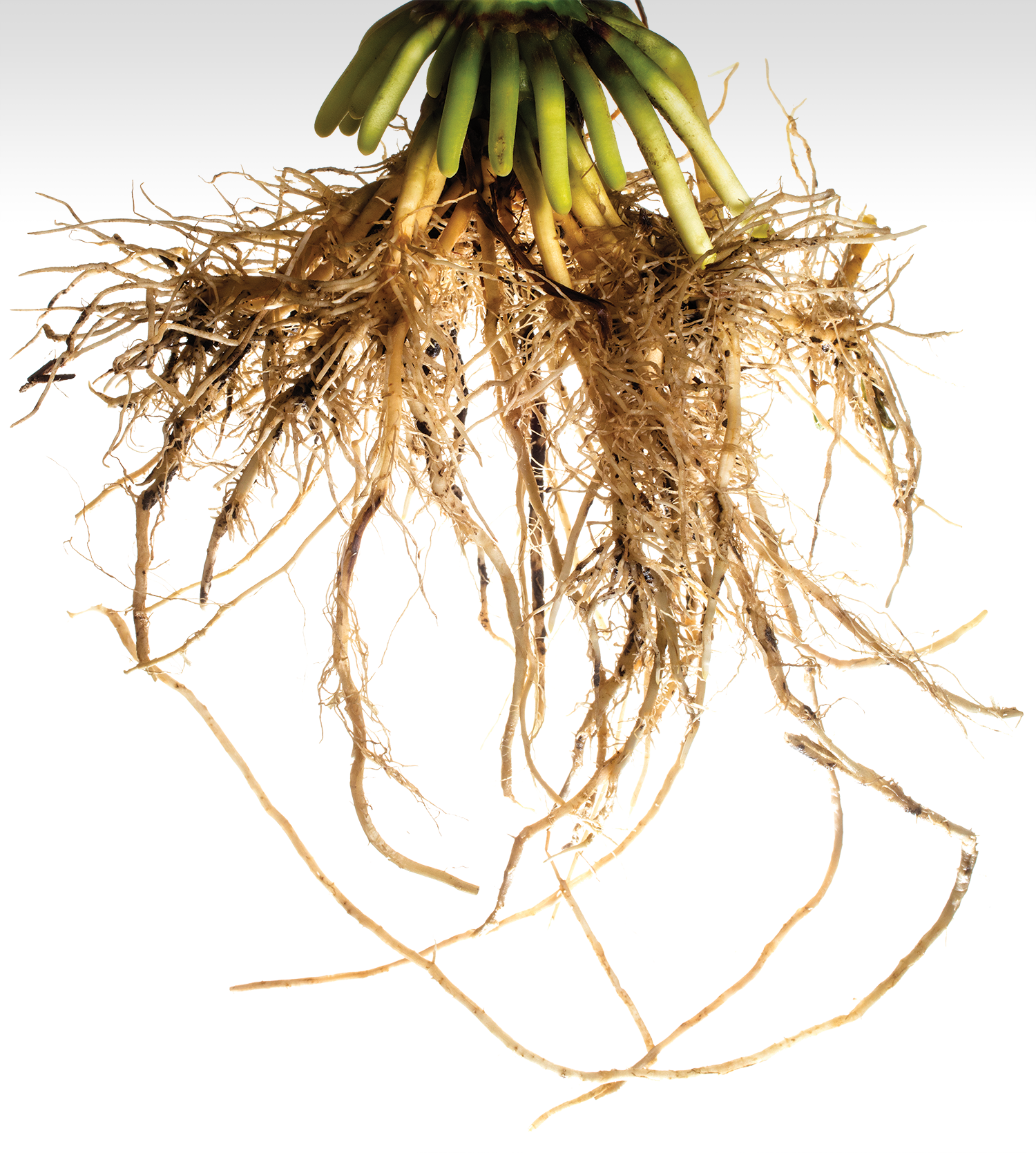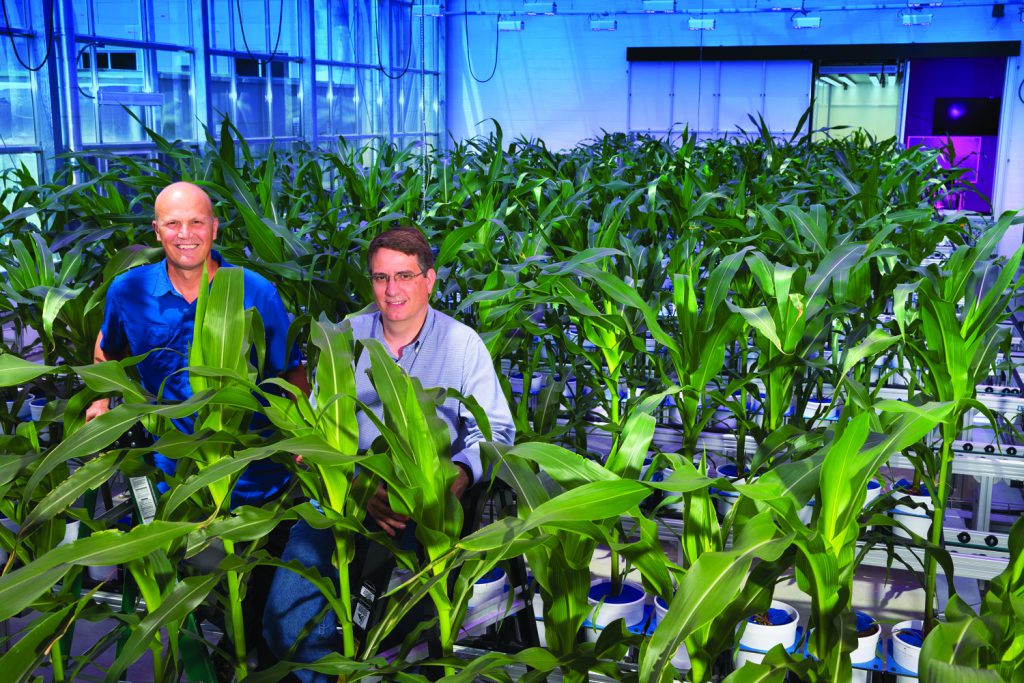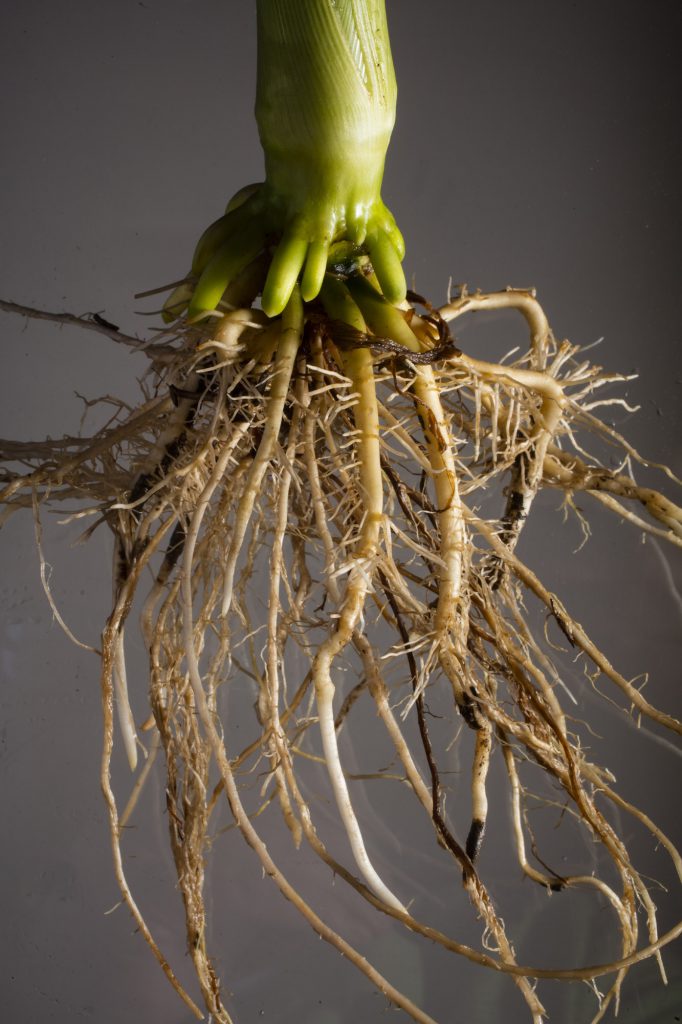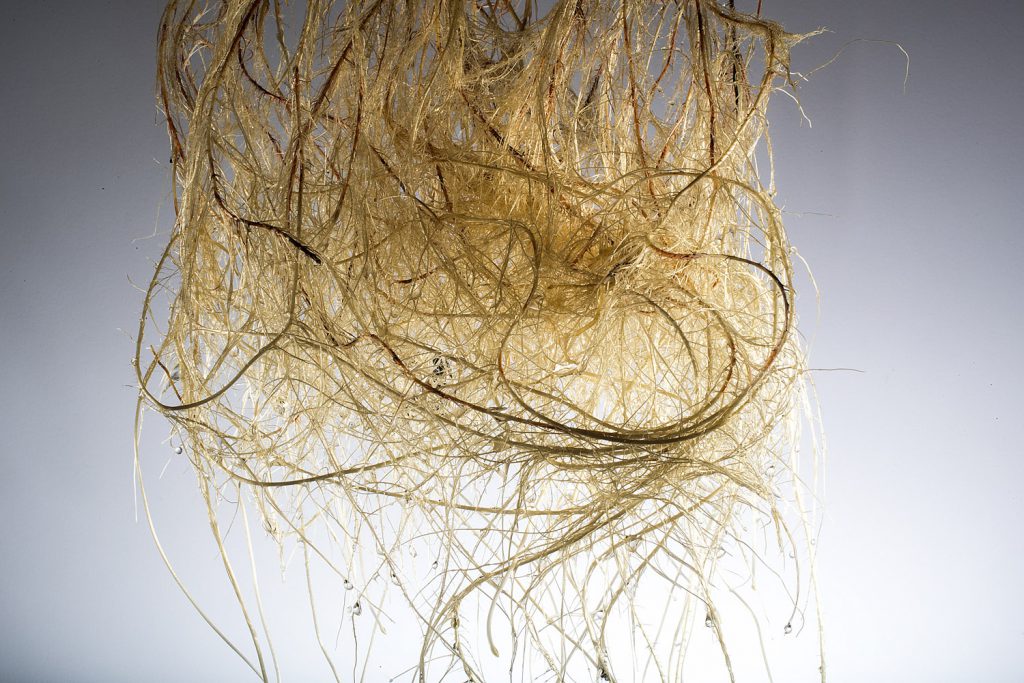- Menu
-
Enhancing Sorghum for Biofuel Production
Food, Energy and Water
-
Getting to the Root of Crop Improvements
Plant Science
-
New Chancellor Envisions Bold Future for Research
Leadership
-
NU FEWS Sparks Innovation in Food, Energy and Water
Food, Energy and Water
-
Closing Achievement Gap for Kids
Early Childhood
-
Enhancing Early Childhood Development
Early Childhood
-
Drones Could Help Fight Fire with Fire
Unmanned Aerial Vehicles
-
Surprising Discovery Contradicts Predictions
X-ray Material
-
Laser Creates Surfaces that Mimic Nature
Laser Research
-
USSTRATCOM Delegation Visits UNL
Defense Research
-
Prospecting with Biosensors at Home or in the Field
Chemistry
-
Gift Creates Johnny Carson Emerging Media Arts Center
Media Arts
-
System Helps Diagnose, Treat Brain Damage
Health
-
UNL Hosts University, Industry Leaders
Industry Relations
-
Momentum Builds on Nebraska Innovation Campus
Economic Development
-
Bioinformatics Focus for NIC’s First Faculty Startup
Bioinformatics
-
Improving Surgery through Robotics
Robotics
-
CD Celebrates Collaboration with Philip Glass
Performing Arts
-
Strengthening Region’s Nanotech Assets
Nanoscience
-
Geospatial Technology Helps Restore Wetlands
Environment
-
Maximizing Innate Talent
Leadership
-
Early Career Awards Boost Promising Research
Honors
-
Research Highlights
-
Accolades
-
Financials
-
Credits
-
On the Cover
- PDF version

Getting to the Root of Crop Improvements
Plants send roots into a world teeming with microbes, both friendly and hostile. The complex relationships occurring below ground influence crop health and yields.
To better understand how plant roots navigate the rhizosphere, UNL leads a major effort to study root and soil microbe interactions and improve crop productivity.

The Center for Root and Rhizobiome Innovation is funded by a $20 million grant from the National Science Foundation’s Experimental Program to Stimulate Competitive Research, or EPSCoR.
“This research is the new frontier for plant improvement,” said Edgar Cahoon, George W. Holmes Professor of Biochemistry, who co-leads the project with Jim Alfano, Charles Bessey Professor of Plant Pathology.
Researchers are initially focusing on corn, but their findings and new biological tools developed through this project will apply to studying and improving other crops, including soybeans, Cahoon said.
“This research is the new frontier for plant improvement.”
Taking a systems approach, researchers will investigate genetic and metabolic diversity across corn varieties. They seek to understand how root metabolism determines the chemical signals that roots emit, the subsequent effect on soil microbes and, ultimately, corn health and productivity.
A key aim is developing new biological tools that will enable researchers to use their findings to precisely modify plant genomes, targeting specific traits such as drought resistance or yield. Technological advances allow researchers to introduce large numbers of genes, speeding the rate of crop advancements, Cahoon said.


Using UNL’s extensive agricultural research facilities, the scientists will test and refine their enhanced crops in the greenhouse and the field.
Sixteen UNL faculty bring a range of expertise to this project, as do faculty at the University of Nebraska Medical Center, University of Nebraska at Kearney and Doane University. The grant funds two new faculty positions at UNL and one at UNK.
“Nebraska has had a reputation of being at the forefront of plant genetic improvement, and this will take us to the next level,” said Cahoon, who also directs UNL’s Center for Plant Science Innovation. “This project will have considerable benefit for agriculture.”
Additional content
UNL earns $20M to research ways to improve crop productivity
